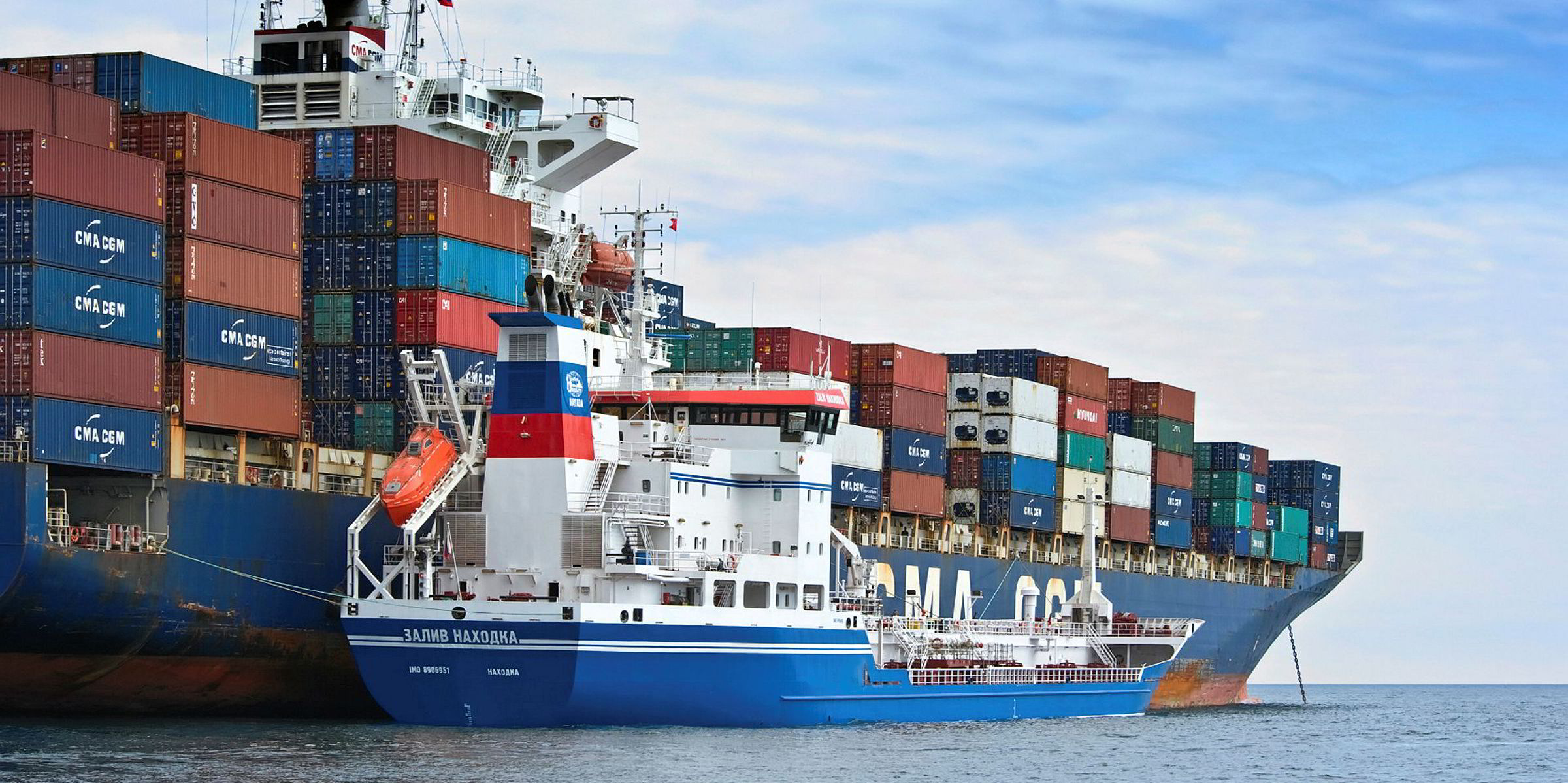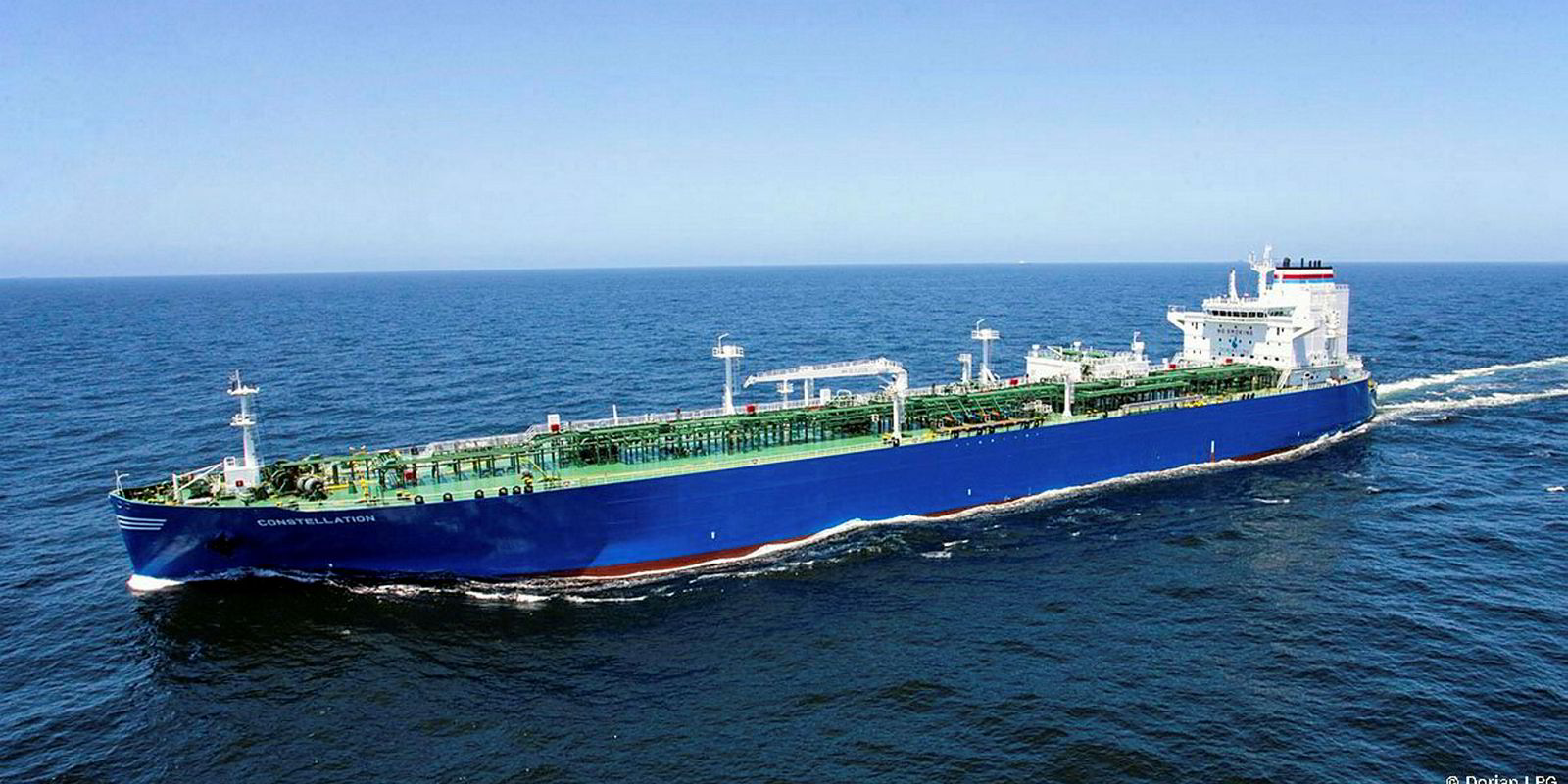Leading flag states and shipowner associations have called on maritime regulators to consider safety concerns over the implementation of a 0.5% limit on the sulphur content of fuel from 2020.
A hard-hitting paper presented to the IMO outlined potential risks associated with ships that have been designed to run on heavy fuel oil switching to ultra low sulphur alternatives.
It was sponsored by the Marshall Islands, Liberia, Bimco, the International Chamber of Shipping, Intertanko and Intercargo.
Setting out their concerns it stated: “By far the most important aspect of the challenges the 2020 sulphur cap entails are the safety concerns, which are tightly connected with the sudden surge of demand for compliant fuels.”
The paper poses two key questions. Firstly it asks: “How will ship machinery react to continuously operating — not just occasionally whilst transiting a sulphur emission control areas (SECAs) — on much lower viscosity fuels?”
Experience in earlier fuel switches to distillates in SECAs, the paper says, has shown that ships will suffer fuel leaks from fractures in pipes that were not evident when they ran on heavy fuel oils.
The result, as reported by the US Coast Guard, was an increase in machinery failure and breakdowns.
The 2020 change to fuel sulphur content will impact far more ships than the change of 2015.
Secondly, the paper raised concerns over the quality and compatibility of ultra low sulphur blended fuels. For example, whether blended fuels bunkered in the West will be compatible with those in the Far East.
“The switch to 0.50% sulphur fuels, especially to blended fuels which are not in conformance with ISO 8217, raises several important safety issues,” the paper warned.
Poor combustion
“These issues include, but are not limited to, stability, compatibility, combustibility, lower flashpoints, inadequate safety margin for cat fines and extended ignition delays because of poor combustion characteristics.
“All of these issues may negatively impact fuel and machinery systems.”
Although the ISO 8217 marine fuel standard is now being modified it is not likely to be completed before 2020 and so will not include a standard for new ultra low sulphur blended fuels.
“The 2020 change to fuel sulphur content will impact far more ships than the change of 2015,” the paper argued.
“Unlike 2015 (when SECAs were introduced) where ships primarily changed to ISO 8217 distillate fuel oils, in 2020 ships will adopt blended fuel oils and new products which are outside of the ISO 8217 standard.”
The sponsors have produced a breakdown of the technical problems associated with the 2020 switch and are asking the IMO to consider it as the regulator produces its guidelines.




